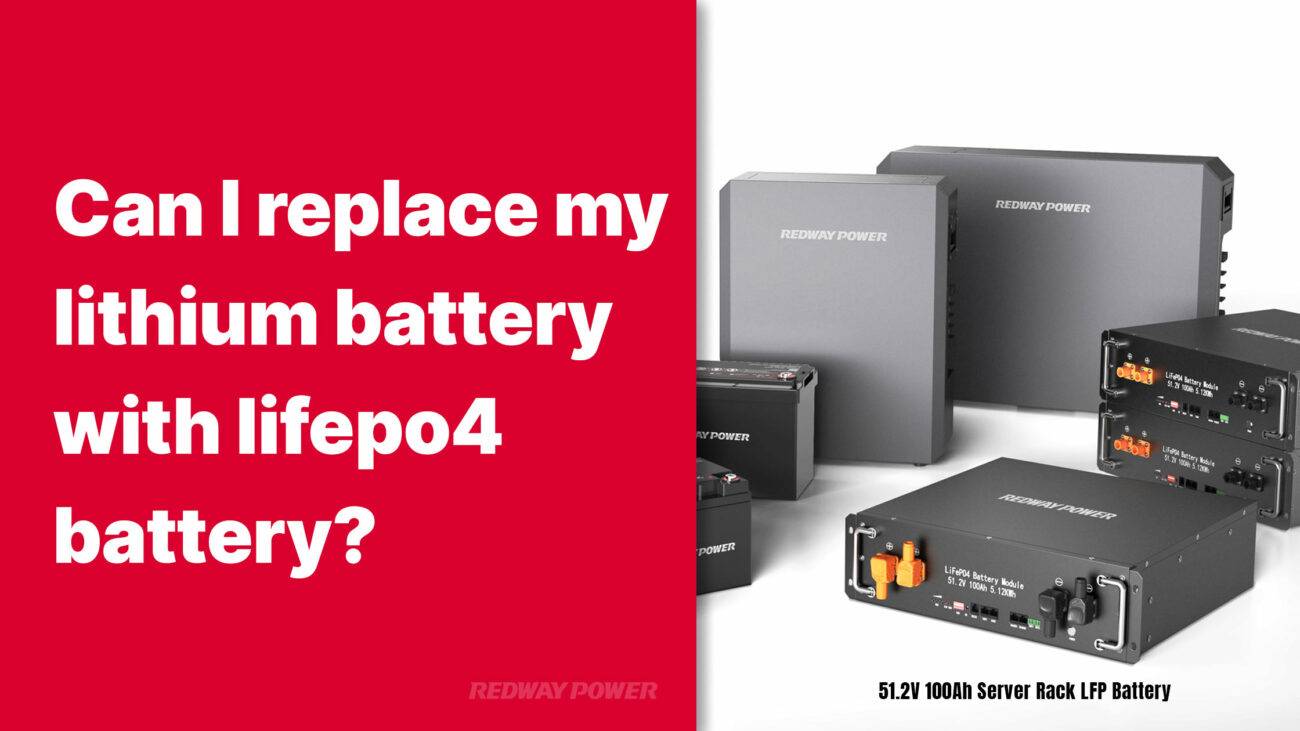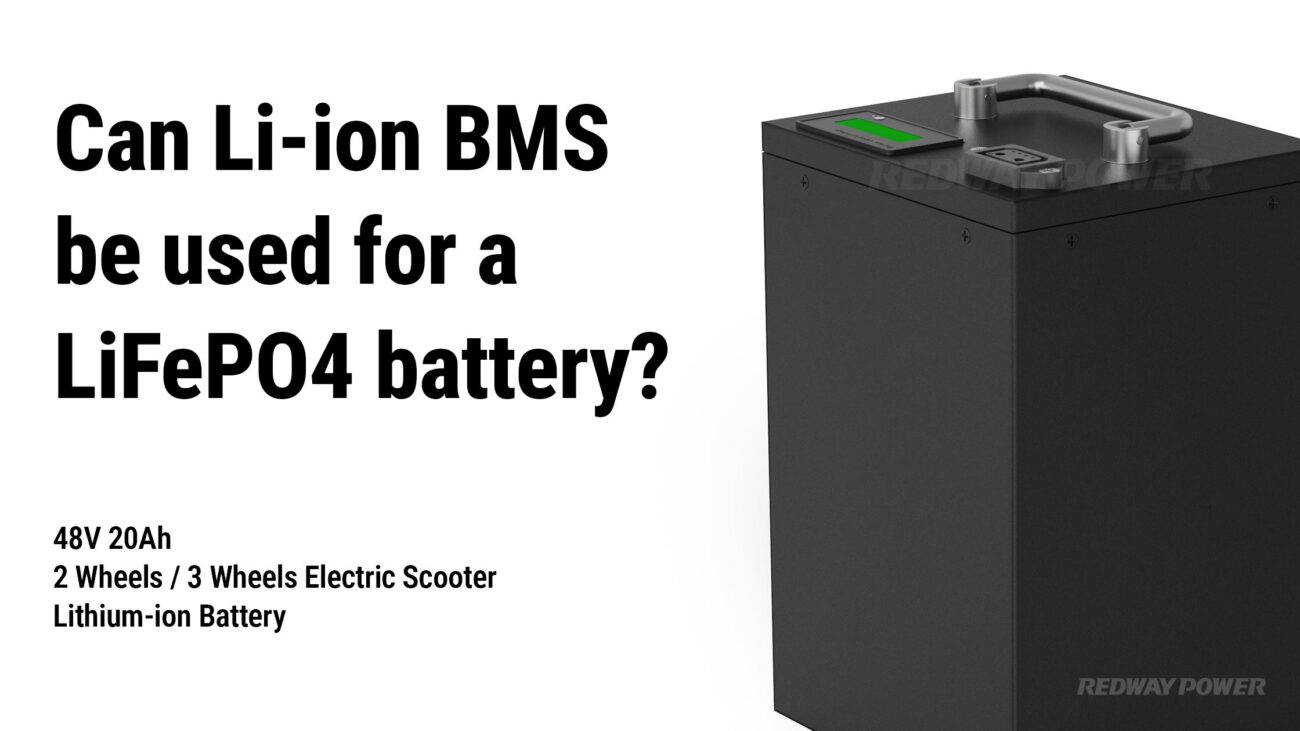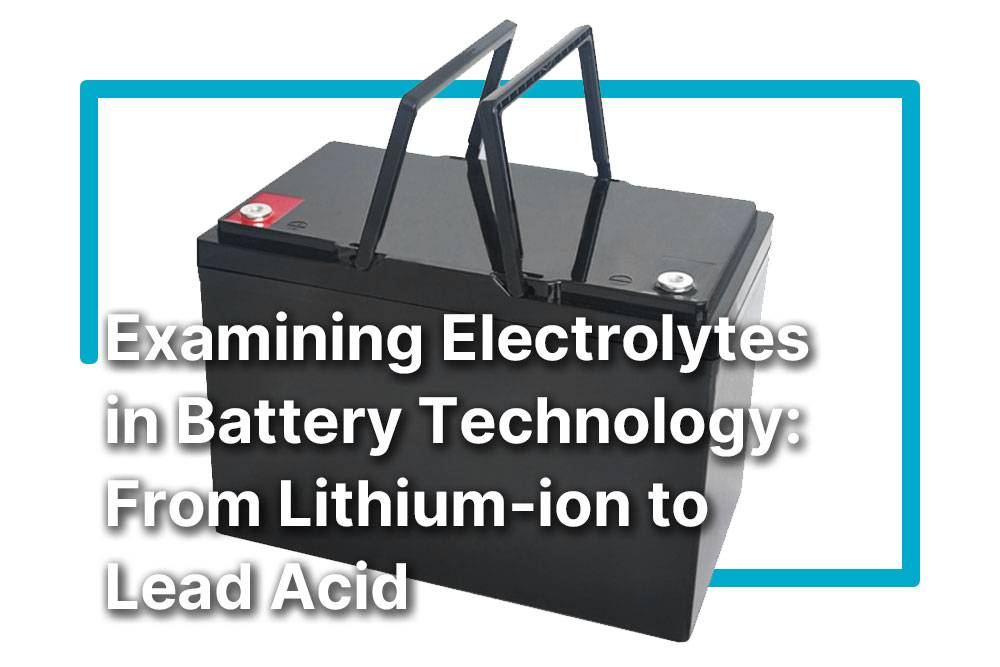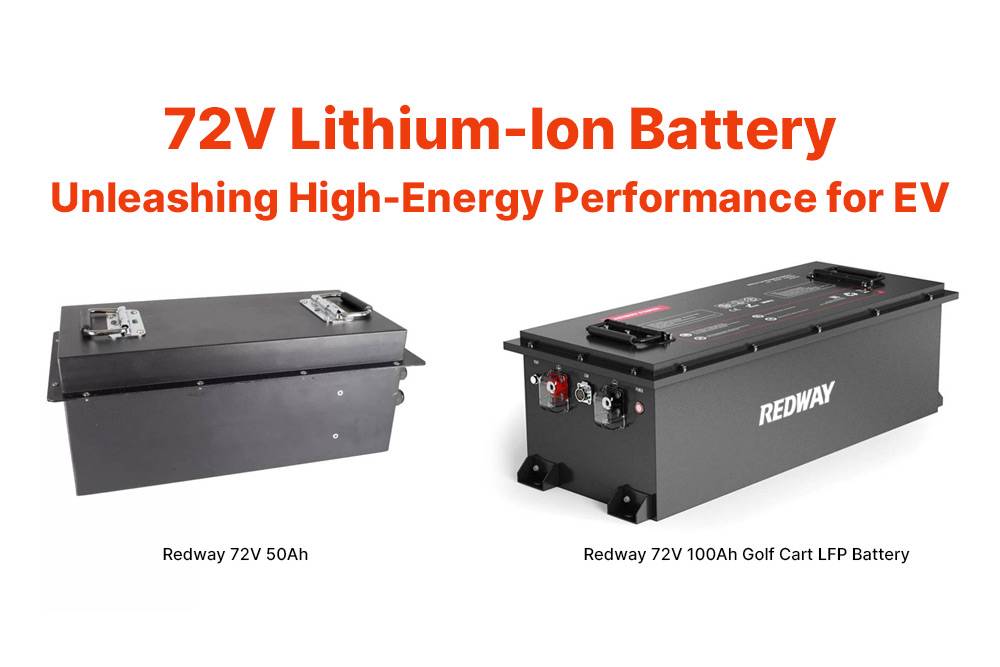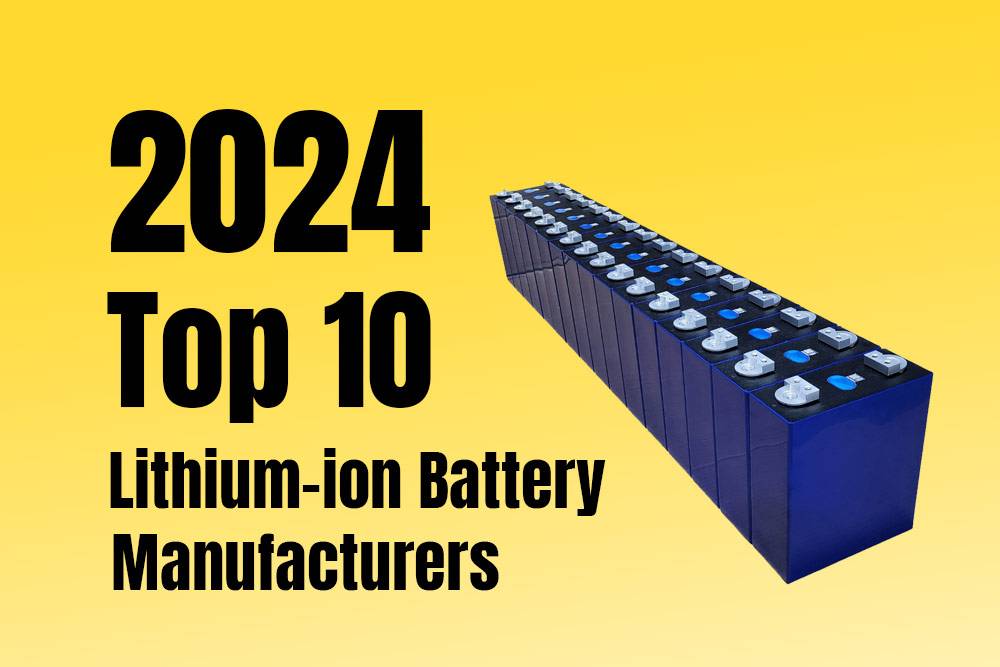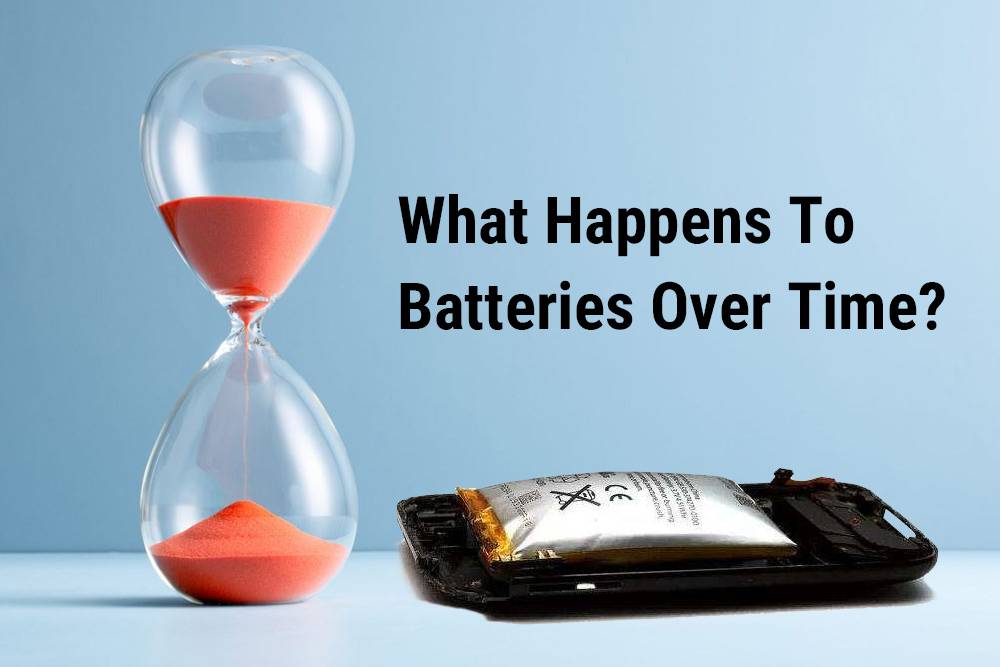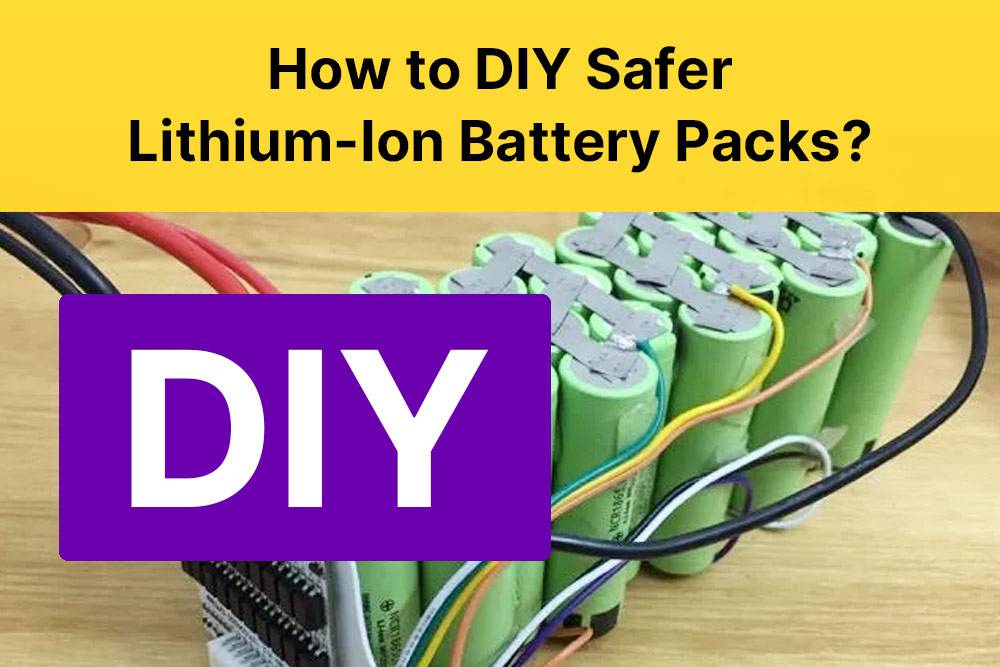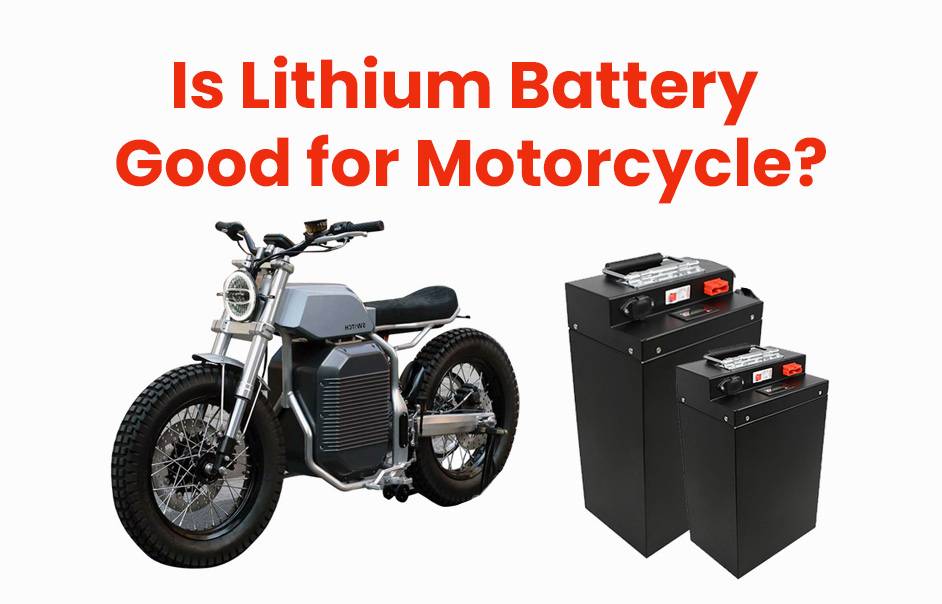- Lithium Golf Cart Battery
- Forklift Lithium Battery
-
48V
- 48V 210Ah
- 48V 300Ah
- 48V 420Ah (949 x 349 x 569 mm)
- 48V 420Ah (950 x 421 x 450 mm)
- 48V 456Ah
- 48V 460Ah (830 x 630 x 590 mm)
- 48V 460Ah (950 x 421 x 450 mm)
- 48V 460Ah (800 x 630 x 600 mm)
- 48V 460Ah (820 x 660 x 470 mm)
- 48V 500Ah
- 48V 560Ah (810 x 630 x 600 mm)
- 48V 560Ah (950 x 592 x 450 mm)
- 48V 600Ah
- 48V 630Ah
-
48V
- 12V Lithium Battery
12V 150Ah Lithium RV Battery
Bluetooth App | BCI Group 31
LiFePO4 Lithium
Discharge Temperature -20°C ~ 65°C
Fast Charger 14.6V 50A
Solar MPPT Charging - 24V Lithium Battery
- 36V Lithium Battery
- 48V Lithium Battery
-
48V LiFePO4 Battery
- 48V 50Ah
- 48V 50Ah (for Golf Carts)
- 48V 60Ah (8D)
- 48V 100Ah (8D)
- 48V 100Ah
- 48V 100Ah (Discharge 100A for Golf Carts)
- 48V 100Ah (Discharge 150A for Golf Carts)
- 48V 100Ah (Discharge 200A for Golf Carts)
- 48V 150Ah (for Golf Carts)
- 48V 160Ah (Discharge 100A for Golf Carts)
- 48V 160Ah (Discharge 160A for Golf Carts)
-
48V LiFePO4 Battery
- 60V Lithium Battery
-
60V LiFePO4 Battery
- 60V 20Ah
- 60V 30Ah
- 60V 50Ah
- 60V 50Ah (Small Size / Side Terminal)
- 60V 100Ah (for Electric Motocycle, Electric Scooter, LSV, AGV)
- 60V 100Ah (for Forklift, AGV, Electric Scooter, Sweeper)
- 60V 150Ah (E-Motocycle / E-Scooter / E-Tricycle / Tour LSV)
- 60V 200Ah (for Forklift, AGV, Electric Scooter, Sweeper)
-
60V LiFePO4 Battery
- 72V~96V Lithium Battery
- Rack-mounted Lithium Battery
- E-Bike Battery
- All-in-One Home-ESS
- Wall-mount Battery ESS
-
Home-ESS Lithium Battery PowerWall
- 24V 100Ah 2.4kWh PW24100-S PowerWall
- 48V 50Ah 2.4kWh PW4850-S PowerWall
- 48V 50Ah 2.56kWh PW5150-S PowerWall
- 48V 100Ah 5.12kWh PW51100-F PowerWall (IP65)
- 48V 100Ah 5.12kWh PW51100-S PowerWall
- 48V 100Ah 5.12kWh PW51100-H PowerWall
- 48V 200Ah 10kWh PW51200-H PowerWall
- 48V 300Ah 15kWh PW51300-H PowerWall
PowerWall 51.2V 100Ah LiFePO4 Lithium Battery
Highly popular in Asia and Eastern Europe.
CE Certification | Home-ESS -
Home-ESS Lithium Battery PowerWall
- Portable Power Stations
What You Need to Know About Lithium vs. NiMH Batteries
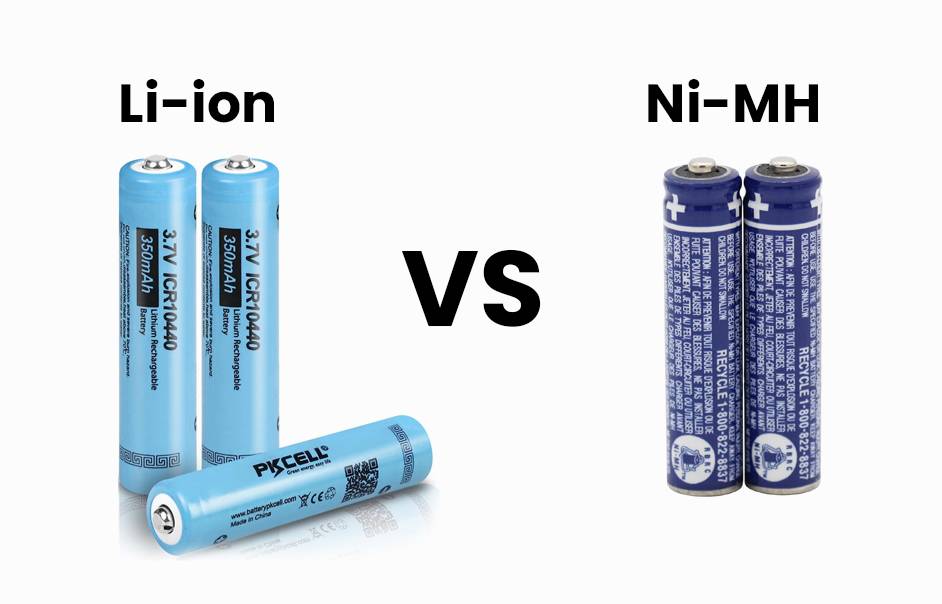
Lithium-ion (Li-ion) and nickel-metal hydride (NiMH) batteries are two popular battery technologies used in various applications. While both types have their advantages, they differ significantly in performance, cost, and suitability for different uses. Understanding these differences is essential for making informed decisions.
What Are the Key Differences Between Lithium-Ion and NiMH Batteries?
The main differences between lithium-ion and nickel-metal hydride batteries include their chemistry, energy density, voltage, and self-discharge rates:
- Chemistry: Li-ion batteries use lithium compounds as electrodes, while NiMH batteries use nickel and hydrogen.
- Energy Density: Li-ion batteries typically have a higher energy density, meaning they can store more energy in a smaller space.
- Voltage: A single Li-ion cell has a nominal voltage of about 3.6V, compared to 1.2V for a NiMH cell.
- Self-Discharge Rate: NiMH batteries tend to have a higher self-discharge rate, losing charge more quickly when not in use.
Chart: Key Differences
| Feature | Lithium-Ion | Nickel-Metal Hydride |
|---|---|---|
| Chemistry | Lithium compounds | Nickel and hydrogen |
| Energy Density | Higher (150-250 Wh/kg) | Lower (60-120 Wh/kg) |
| Nominal Voltage | ~3.6V | ~1.2V |
| Self-Discharge Rate | Low (5-10% per month) | Higher (20-30% per month) |
What Are the Advantages of Lithium-Ion Batteries?
Lithium-ion batteries offer several advantages:
- Higher Energy Density: They can store more energy relative to their weight, making them ideal for portable devices.
- Longer Cycle Life: Typically offer more charge cycles (up to 3000) compared to NiMH batteries.
- Lower Self-Discharge Rate: Retain charge longer when not in use, making them more efficient for intermittent use.
Chart: Advantages of Lithium-Ion Batteries
| Advantage | Description |
|---|---|
| Higher Energy Density | More energy stored per unit weight |
| Longer Cycle Life | Up to 3000 cycles before significant degradation |
| Lower Self-Discharge | Retains charge longer when idle |
What Are the Advantages of NiMH Batteries?
NiMH batteries also have their benefits:
- Cost: Generally cheaper than lithium-ion batteries, making them more accessible for some applications.
- Robustness: Better performance in extreme temperatures compared to lithium-ion batteries.
- Less Toxicity: More environmentally friendly as they do not contain toxic materials like cobalt.
Chart: Advantages of NiMH Batteries
| Advantage | Description |
|---|---|
| Cost | Typically lower initial cost |
| Robustness | Performs better in extreme temperatures |
| Less Toxicity | More environmentally friendly |
How Do Performance Metrics Compare Between the Two Types?
Performance metrics such as charging time, efficiency, and discharge rates differ significantly:
- Charging Time: Li-ion batteries generally charge faster than NiMH batteries.
- Efficiency: Li-ion batteries have higher charge efficiency (up to 95%) compared to NiMH (around 80%).
- Discharge Rates: Li-ion batteries can deliver higher current outputs, making them suitable for high-drain applications.
Chart: Performance Comparison
| Metric | Lithium-Ion | Nickel-Metal Hydride |
|---|---|---|
| Charging Time | Faster (1-3 hours) | Slower (4-8 hours) |
| Charge Efficiency | Up to 95% | Around 80% |
| Discharge Rate | Higher current output | Moderate current output |
What Applications Are Best Suited for Each Battery Type?
The applications vary based on the strengths of each battery type:
- Lithium-Ion Applications: Commonly used in smartphones, laptops, electric vehicles, and renewable energy storage systems.
- NiMH Applications: Often found in hybrid vehicles, cordless power tools, and older rechargeable devices.
Chart: Application Suitability
| Battery Type | Common Applications |
|---|---|
| Lithium-Ion | Smartphones, laptops, electric vehicles |
| Nickel-Metal Hydride | Hybrid vehicles, cordless tools |
Tips for Battery Wholesale Buyers: How to Choose a Reliable Manufacturer?
When considering wholesale purchases or OEM orders for batteries, it’s crucial to choose a reliable manufacturer. Here are some tips:
- Research Manufacturer Reputation: Look for established companies like Redway Power, known for quality and reliability.
- Evaluate Product Range: Ensure they offer various battery types suitable for your needs.
- Check Certifications: Confirm compliance with industry standards.
For OEM orders from a reputable manufacturer like Redway Power, which has over 13 years of experience in lithium battery manufacturing, ensure clear communication regarding specifications and delivery timelines. This approach helps secure high-quality products that serve as excellent alternatives to lead-acid batteries.
Redway Power Expert Views
“Choosing the right battery technology is crucial for maximizing performance in your applications. By understanding the differences between lithium-ion and nickel-metal hydride batteries, users can make informed decisions that enhance efficiency and reliability,” states an expert from Redway Power.















